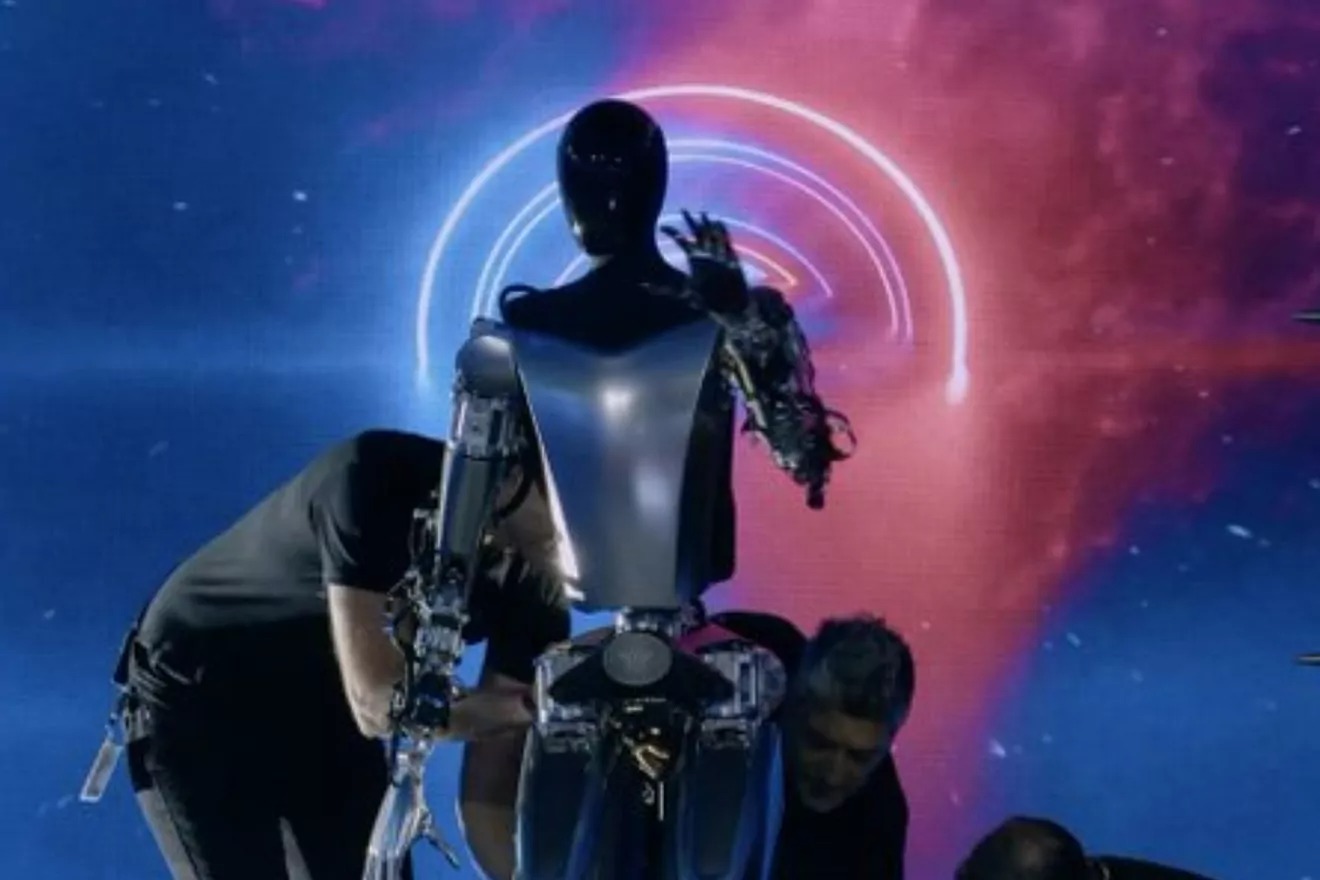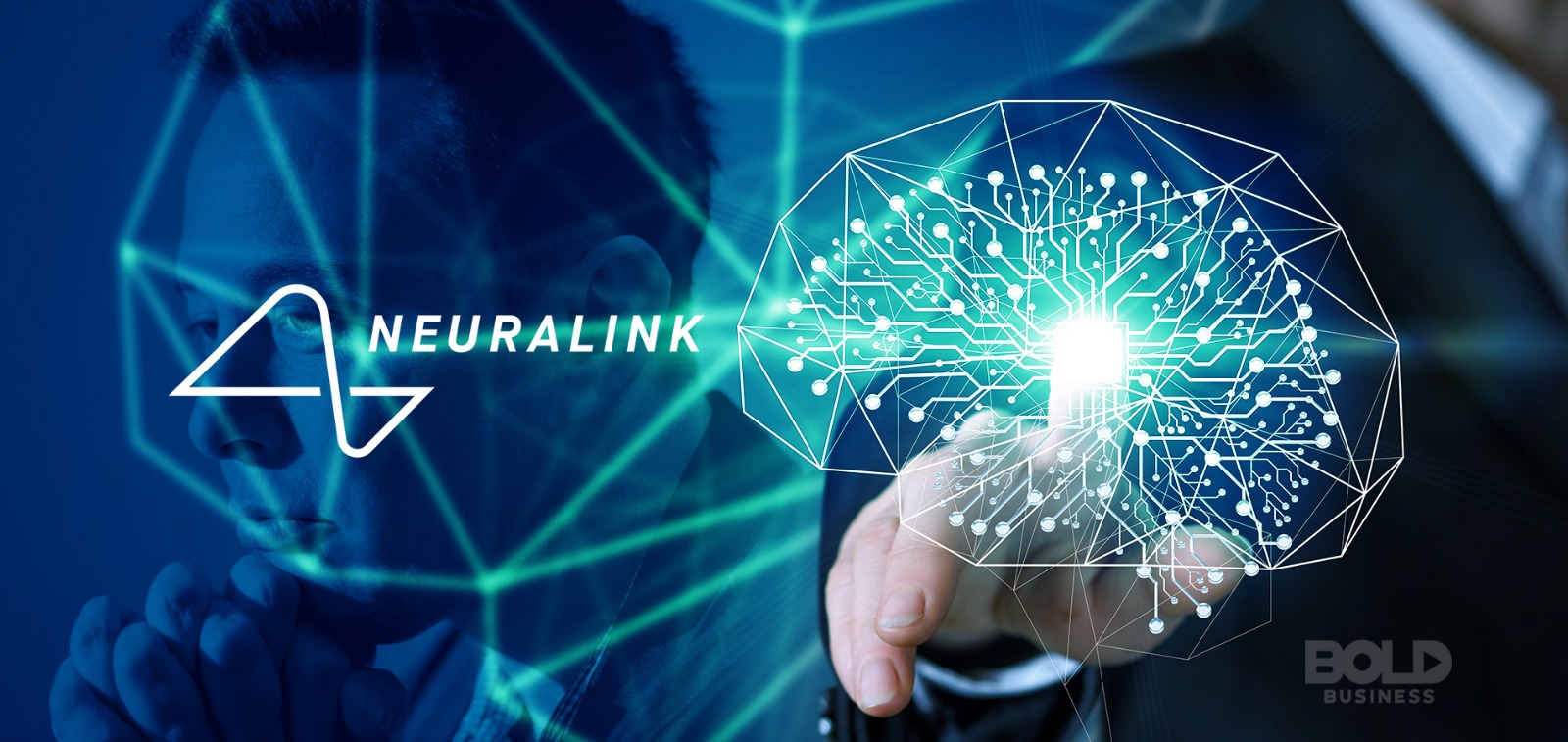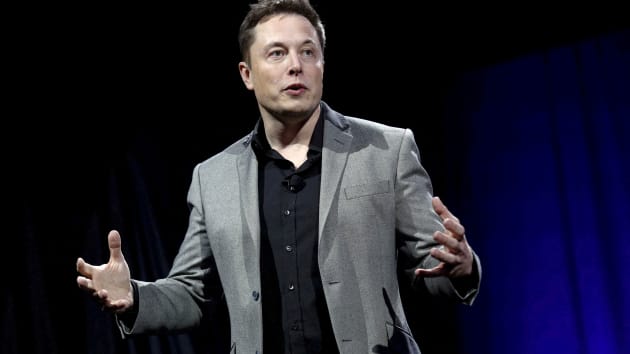On April 14th, roughly six months ago, Elon Musk offered to buy Twitter for $44 billion. Then he pulled out of the deal. Now he is pulling back in again, offering to buy Twitter at the original price if Twitter will drop a lawsuit it filed against him after he backed out.

Meanwhile folks on the left are terrified that Musk, who says he’s a “free speech absolutist,” will let Donald Trump come back to Twitter. For Trump, twitter is a political weapon of enormous power.
But to understand the real importance of Musk’s Twitter deal, it’s crucial to see it in the context of Elon Musk’s extraordinarily high goals.
First is the fact that at noon on October 5th, Elon’s SpaceX Crew Dragon launched four passengers to the International Space Station: two American astronauts, plus one from Japan, and one from Russia. This is the fifth launch of astronauts to the International Space Station that Elon has pulled off successfully, something Boeing has been trying to achieve for twelve years without success.
On Friday September 30th, Elon revealed a robot he is developing to radically upgrade the quality of human life, a robot that he thinks will end human poverty. And his brain computer interface company, Neuralink, hopes to allow you someday to give commands to your computer and to your domestic robot by merely thinking.
All of these projects are just tiles in a larger mosaic. I had four conversations with Elon Musk in 2005. Here’s why. Elon musk told a space conference in Los Angeles where I was speaking that he has an overriding goal– to dramatically expand the powers of humanity. To radically expand the powers of people like you and me. When Musk got out of college in 1995 with degrees in physics and business, he said, he asked himself what three things will do the most to change humanity in my lifetime? His answer was the Internet, solar power, and space.
So Musk plunged into the Internet and helped make PayPal what it is today—a blindingly easy-to-use payment platform. He sold his share of PayPal for $175 million dollars. Then he took those millions and dove into space. His goal was to build a city on Mars. Why?
To make humans a multi-planetary species. And to give humans a toehold on another planet in case we wipe ourselves off the face of this earth with nukes.

Meanwhile, environmentalists begged for cars that do not pollute—electric vehicles. And Elon has given them what they wanted, making Tesla the world’s leading maker of electric cars.
He has also created the world’s most successful space transport company, a company that’s had over 180 successful launches, And he’s brought the cost of access to space down dramatically by perfecting reusable rockets. He has taken giant steps beyond the old practice of using an ultra-expensive rocket once, then throwing it away. Instead, he lands his rockets safely back on specialized barges and reuses these spaceships the way standard transport companies reuse trucks, buses, and planes.
Now Musk apparently has yet another plan, his X app. What he calls his “everything app.” That app is secret, but reporters tracking Musk say Elon wants to turn Twitter into the equivalent of China’s WeChat. WeChat began as a messaging app. Then it branched out with WeChat Pay, a payment app. And WeChat Banking.
Today CNN Business says that the Chinese can use WeChat, “as Facebook, Twitter, Snapchat, and PayPal all rolled into one. to do virtually everything — from ordering groceries to booking a yoga class to paying bills — without leaving the app.” And Musk himself says, ““You basically live on WeChat in China.”

Now Musk wants to provide an everything app to everyone. Globally. But never forget Elon Musk’s overarching goal: to upgrade what it means to be human.
References:
https://www.cnn.com/2022/10/05/tech/everything-app-x-musk-china-wechat-learnings-intl-hnk/index.html
https://www.washingtonpost.com/technology/2022/10/04/elon-musk-twitter-deal/
https://www.extremetech.com/electronics/339995-elon-musk-unveils-20000-optimus-robot-at-ai-event
https://neuralink.com/blog/monkey-mindpong/
https://insideevs.com/news/601770/world-top-oem-ev-sales-2022h1/
https://www.cnn.com/2022/10/05/tech/everything-app-x-musk-china-wechat-learnings-intl-hnk/index.html
______
Howard Bloom has been called the Einstein, Newton, and Freud of the 21st century by Britain’s Channel 4 TV. One of his seven books–Global Brain—was the subject of a symposium thrown by the Office of the Secretary of Defense including representatives from the State Department, the Energy Department, DARPA, IBM, and MIT. His work has been published in The Washington Post, The Wall Street Journal, Wired, Psychology Today, and the Scientific American. He does news commentary at 1:06 am et every Wednesday night on 545 radio stations on Coast to Coast AM. For more, seehttp://howardbloom.institute.
